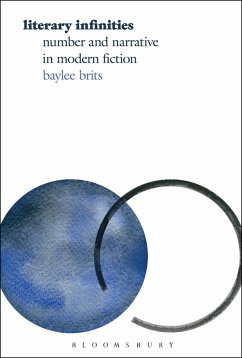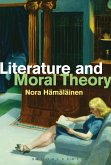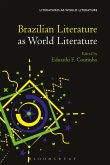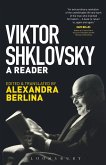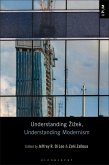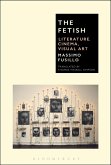Today, we have forgotten that mathematics was once aligned with the arts, rather than with the sciences. Literary Infinities analyses the connection between the late 19th-century revolution in the mathematics of the infinite and the literature of 20th-century modernism, opening up a novel path of influence and inquiry in modernist literature. Baylee Brits considers the role of numbers and the concept of the infinite in key modernists, including James Joyce, Italo Svevo, Jorge Luis Borges, Samuel Beckett and J.M. Coetzee. She begins by recuperating the difficult and rebellious German mathematician, Georg Cantor, for the broader artistic, cultural and philosophical project of modernism. Cantor revolutionized the mathematics of the infinite, creating reverberations across the numerical sciences, philosophy, religion and literary modernism. This 'modernist' infinity is shown to undergird and shape key innovations in narrative form, creating a bridge between the mathematical and the literary, presentation and representation, formalism and the tactile imagination.
Bitte wählen Sie Ihr Anliegen aus.
Rechnungen
Retourenschein anfordern
Bestellstatus
Storno

